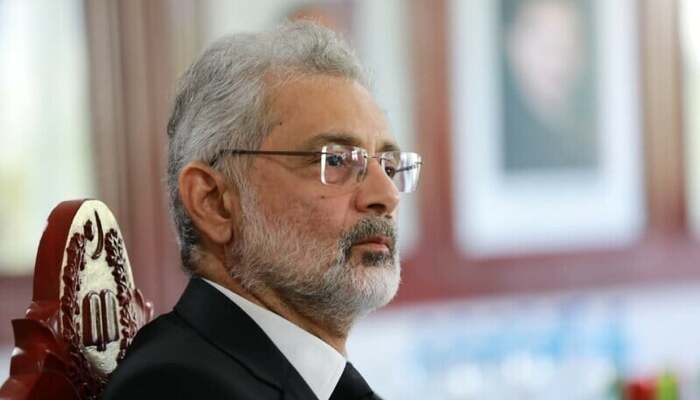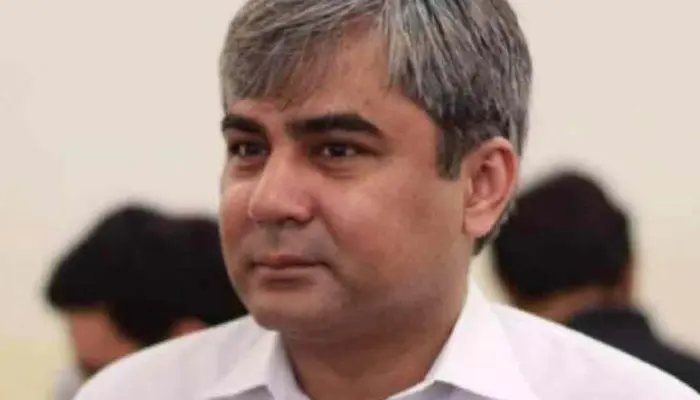
ISLAMABAD: Chief Justice of Pakistan (CJP) Qazi Faez Isa released a detailed minority judgment on Tuesday, stating that the Supreme Court’s July 12 verdict in the reserved seats case was not binding. He argued that the implementation of this verdict should be held off as the review petitions in the case are still pending and have not been scheduled for a hearing.
This note followed a second clarification by eight judges of the Supreme Court. They had reiterated that Parliament’s amendment to the Elections Act could not apply retroactively and could not reverse the court’s judgment on the reserved seats case. This move, however, displeased the Chief Justice, prompting his dissenting response.
In his detailed note, Justice Isa highlighted what he described as “constitutional violations and illegalities” in the majority’s short order from July 12, 2024, as well as in the detailed judgment issued on September 23, 2024. He also criticized the clarifications made by the court on September 14 and October 18, 2024.
Justice Isa expressed his hope that the majority would “reflect and correct their mistakes.” He urged his colleagues to ensure that the country is governed according to the Constitution, emphasizing the importance of upholding legal standards.
Deadlock Over July 12 Decision Review
The CJP pointed out that the review petitions against the July 12 majority decision had not been heard because two of his fellow justices—Justice Syed Mansoor Ali Shah and Justice Munib Akhtar—voted against him on the committee responsible for hearing the case. The committee operates under the Supreme Court Practice and Procedure Act of 2023.
Read: Parliamentary Committee Agrees on Justice Yahya Afridi as Next Chief Justice
Justice Isa went on to criticize the majority for separating from the original thirteen-judge bench that had been hearing the appeals. He stated that the eight judges formed a “virtual court” and allowed the Election Commission of Pakistan (ECP) and Pakistan Tehreek-e-Insaf (PTI) to submit applications to this court. He explained that the majority ruled that only they could hear these applications while working in private chambers.
New Legal Procedures
By doing this, the CJP argued, the majority of judges effectively created new legal procedures, which the Constitution and existing laws do not permit. He further noted that no party or counsel involved in the case had suggested the course of action the majority adopted. The CJP added that neither the short order nor the detailed judgment of the majority provided any justification for this move.
Justice Isa also accused the majority of contradicting themselves by making these decisions. He stressed that the actions taken by the eight judges amounted to judicial overreach, as they were creating new legal pathways that were not grounded in existing law.
The CJP’s dissenting judgment adds a new layer of complexity to the ongoing legal debate surrounding the reserved seats case. The review petitions, which have yet to be heard, may further shape the future of this case and the legal framework surrounding reserved seats in Pakistan’s Parliament. As the judiciary navigates these issues, the role of the Supreme Court in determining key constitutional questions remains in the spotlight.
Follow us on Google News, Instagram, YouTube, Facebook,Whats App, and TikTok for latest updates












